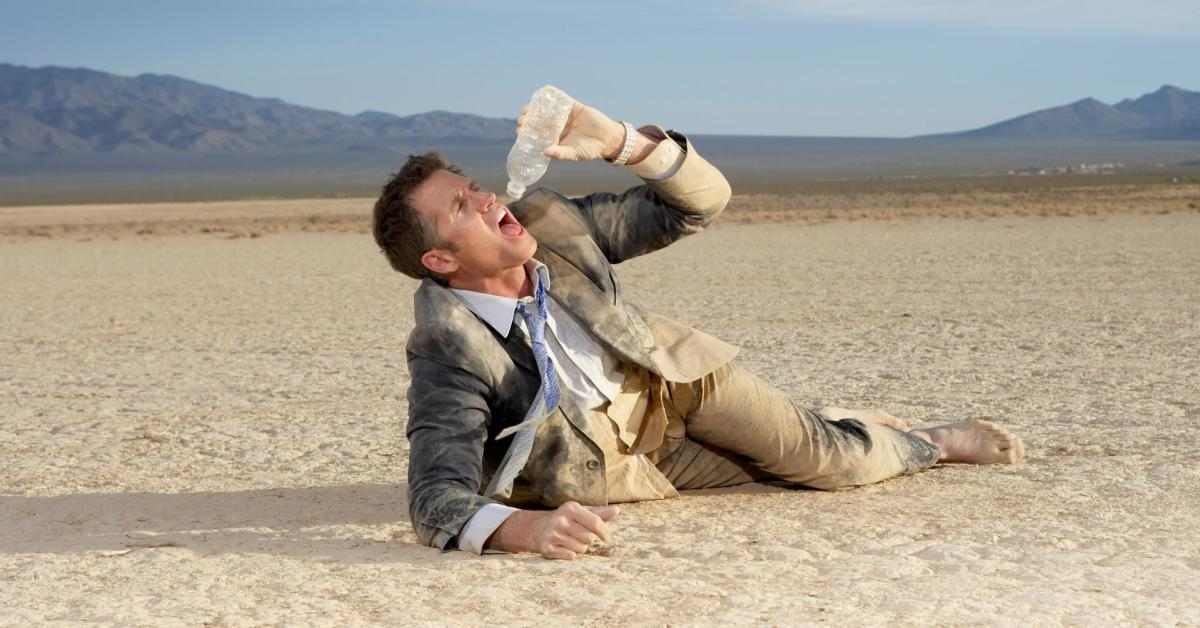Dehydration is one of the worst conditions you can be in for general well being, health, and performance in the gym.
Aside from sleep deprivation, dehydration is one of the biggest killers of your performance in the gym — not to mention a dampener to your all-round quality of life.
Many lifters might be dehydrated for a variety of reasons: neglecting their water consumption, alcohol consumption, vigorous exercise, air temperature, etc.
But despite what is viewed as an innocent day-to-day condition, dehydration can place enormous stress on your organs — especially your kidneys — and lead to severe health ramifications.
Dehydration can also up your risk of injury, tears, and reduce awareness.
Dehydration is Killing Your Gym Performance
Various studies have linked dehydration to a dip in athletic performance.
Heck, even the anecdotal experience of almost every seasoned lifter will tell you a similar story.
But what’s extremely alarming is how the bulk of non-gym-goers or regular people who aren’t as health conscious might be in a chronic state of dehydration.
According to one study [R]:
“There is a rich scientific literature regarding hydration status and physical function that began in the late 1800s, although the relationship was likely apparent centuries before that. A decrease in body water from normal levels (often referred to as dehydration or hypohydration) provokes changes in cardiovascular, thermoregulatory, metabolic, and central nervous function that become increasingly greater as dehydration worsens.
“Similarly, performance impairment often reported with modest dehydration (e.g., -2% body mass) is also exacerbated by greater fluid loss. Dehydration during physical activity in the heat provokes greater performance decrements than similar activity in cooler conditions, a difference thought to be due, at least in part, to greater cardiovascular and thermoregulatory strain associated with heat exposure.
“There is little doubt that performance during prolonged, continuous exercise in the heat is impaired by levels of dehydration >or= -2% body mass, and there is some evidence that lower levels of dehydration can also impair performance even during relatively short-duration, intermittent exercise.
“Although additional research is needed to more fully understand low-level dehydration’s effects on physical performance, one can generalize that when performance is at stake, it is better to be well-hydrated than dehydrated. This generalization holds true in the occupational, military, and sports settings.”
To make sure your athletic performance or performance in the gym is optimal, try to consume at least a gallon of water per day.
You can use salts before athletic endeavors or strenuous exercise in warm conditions to avoid symptoms of dehydration from creeping in.

Don’t hesitate to email us at [email protected] for personalized coaching and a client questionnaire if you’d like DEDICATED tailor-made personal training on strength training, building muscle, losing fat, developing athleticism, and more — all to your liking, lifestyle, habits, and taste!
Otherwise, don’t forget to claim your FREE eBook detailing how to lose 20lb of fat while building muscle in 12 weeks! You can claim it here.
Alternatively, you can pick up a FREE eBook on fundamental strength principles offering an introductory workout program.











